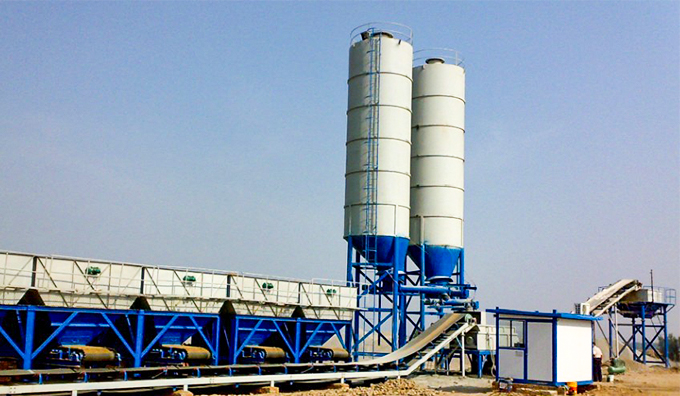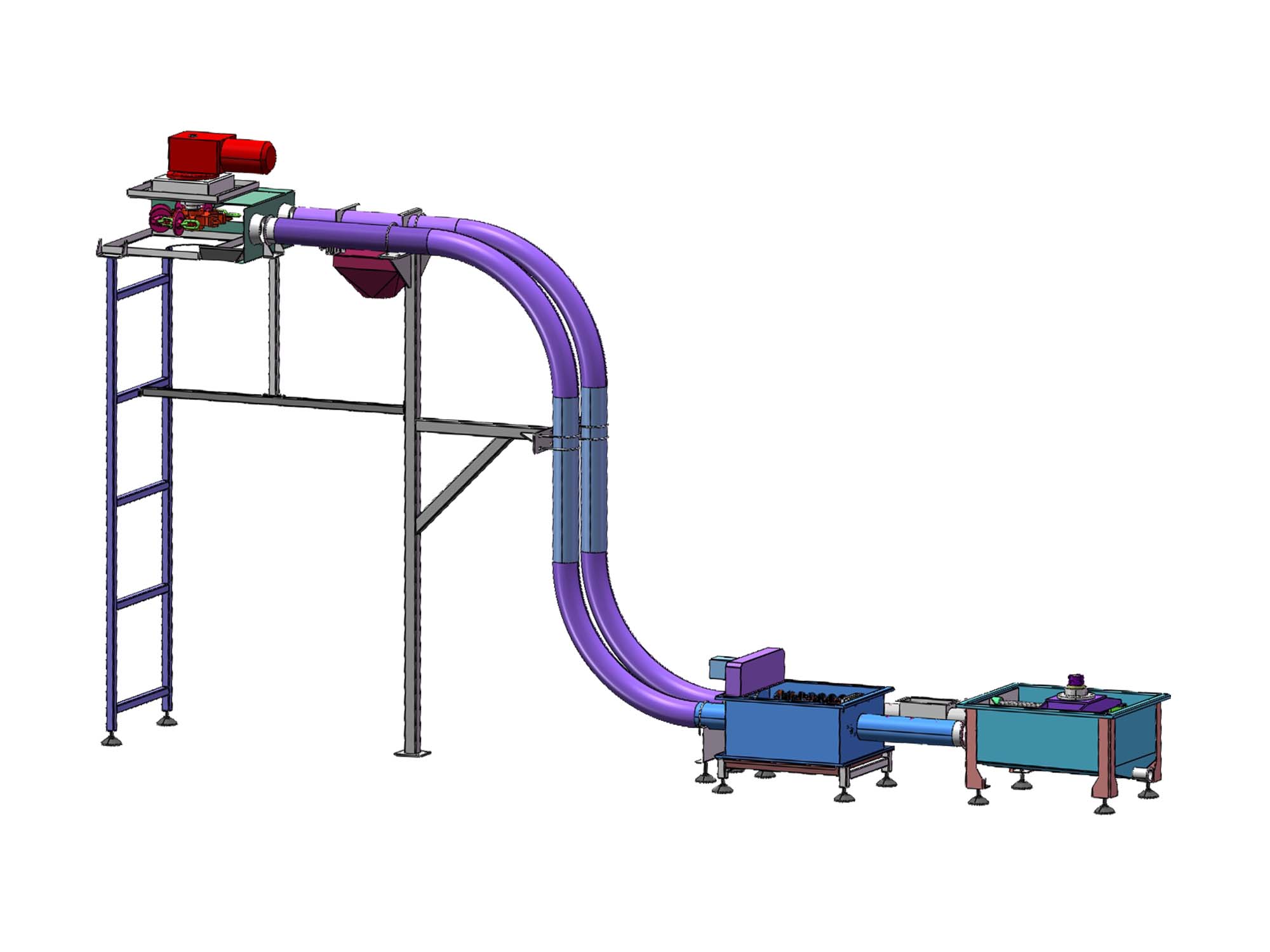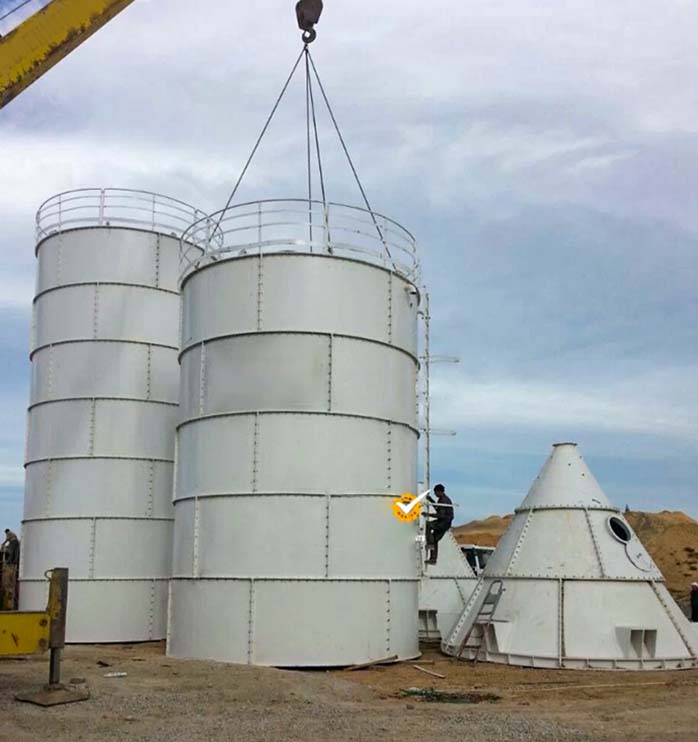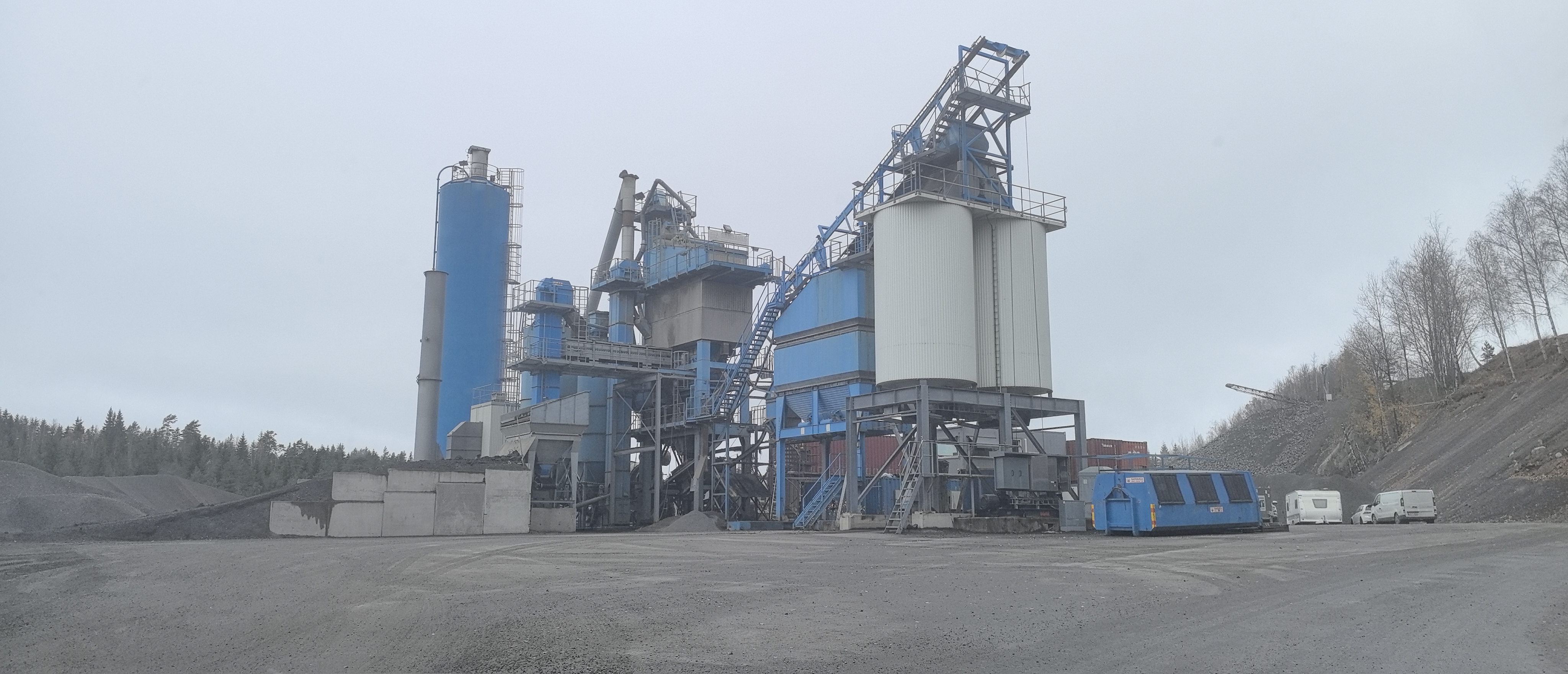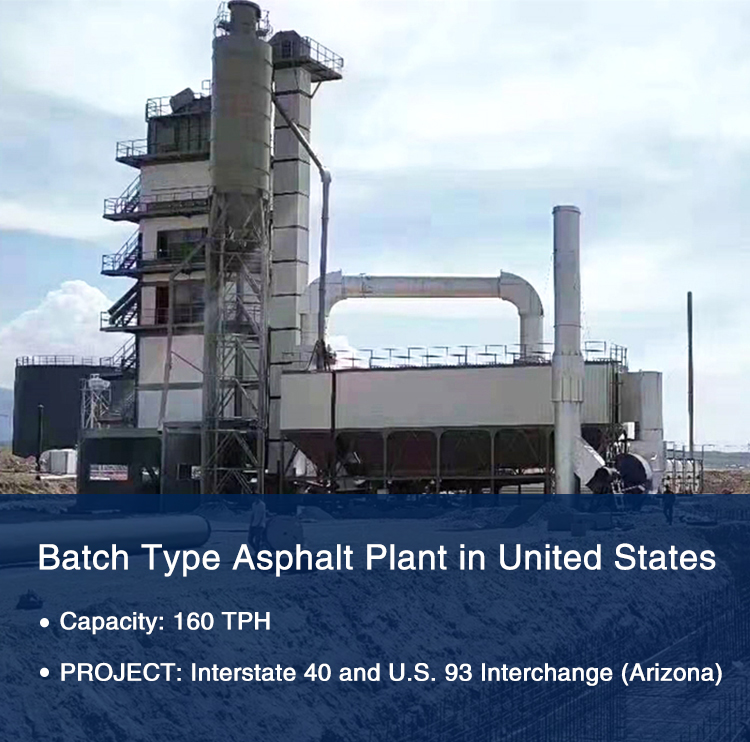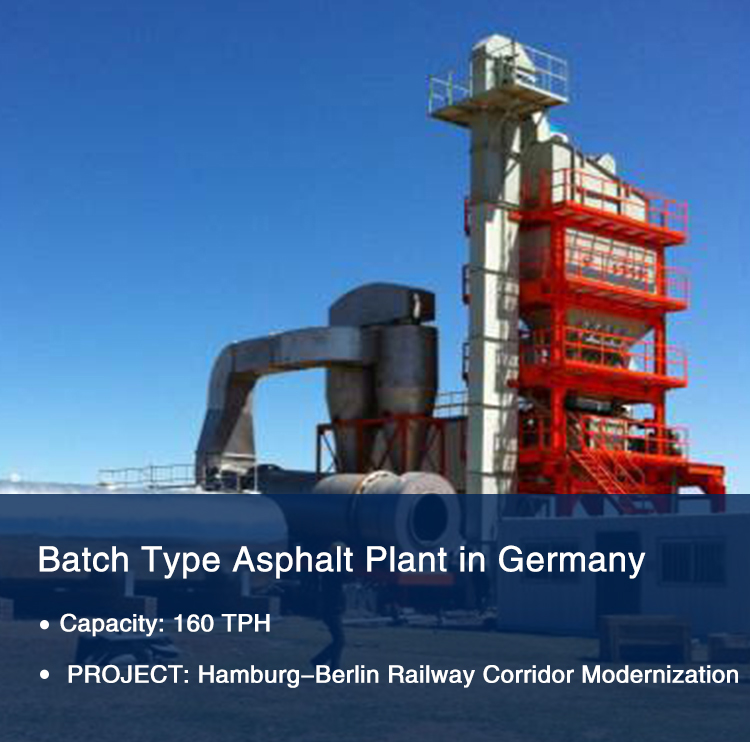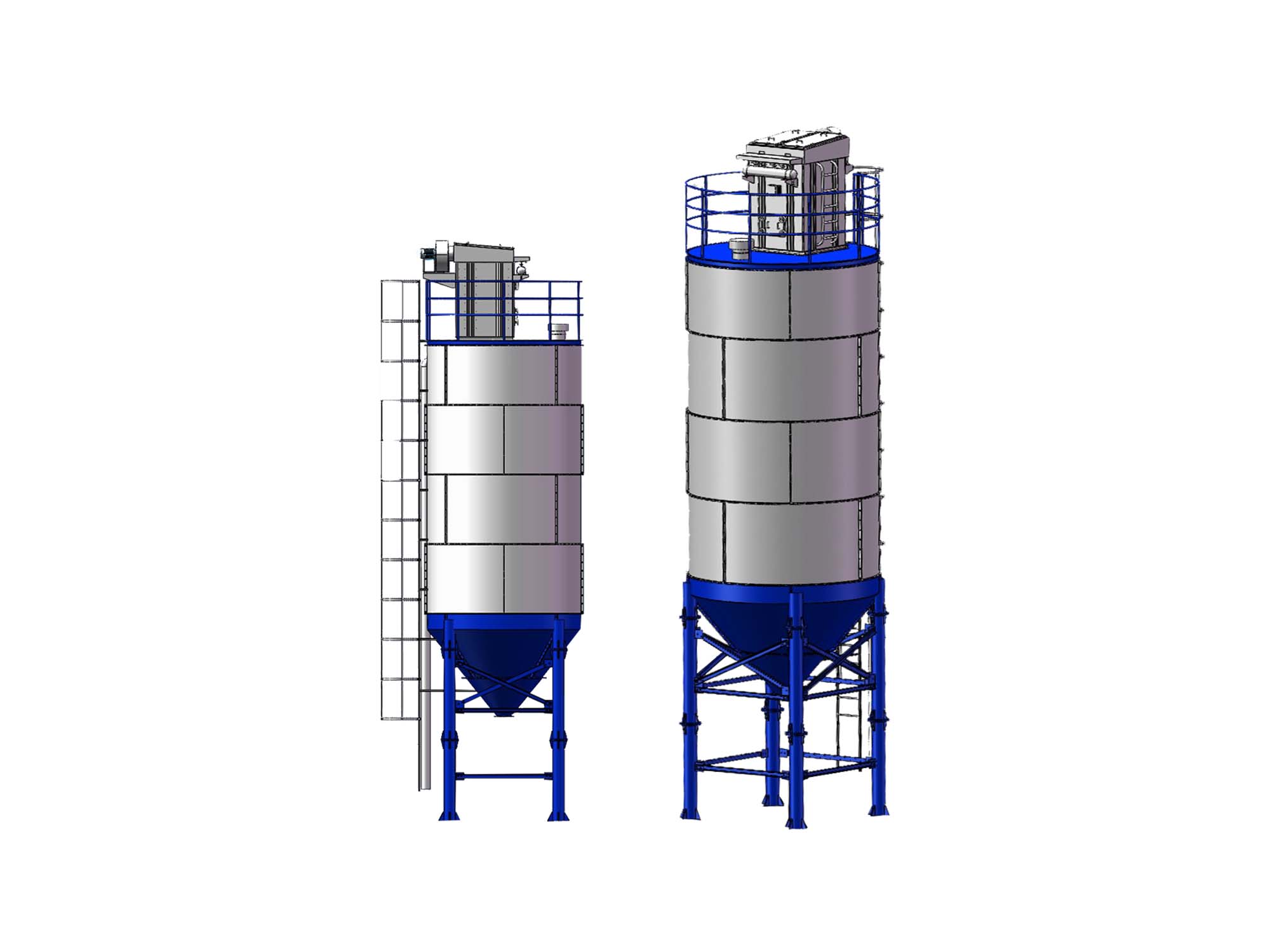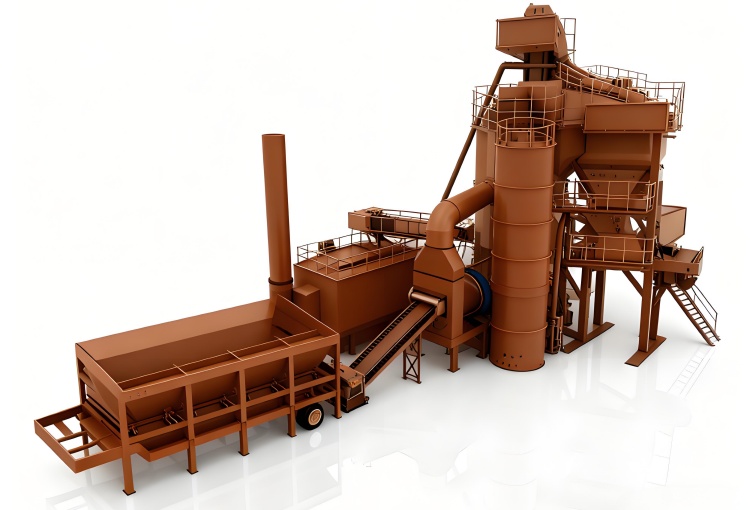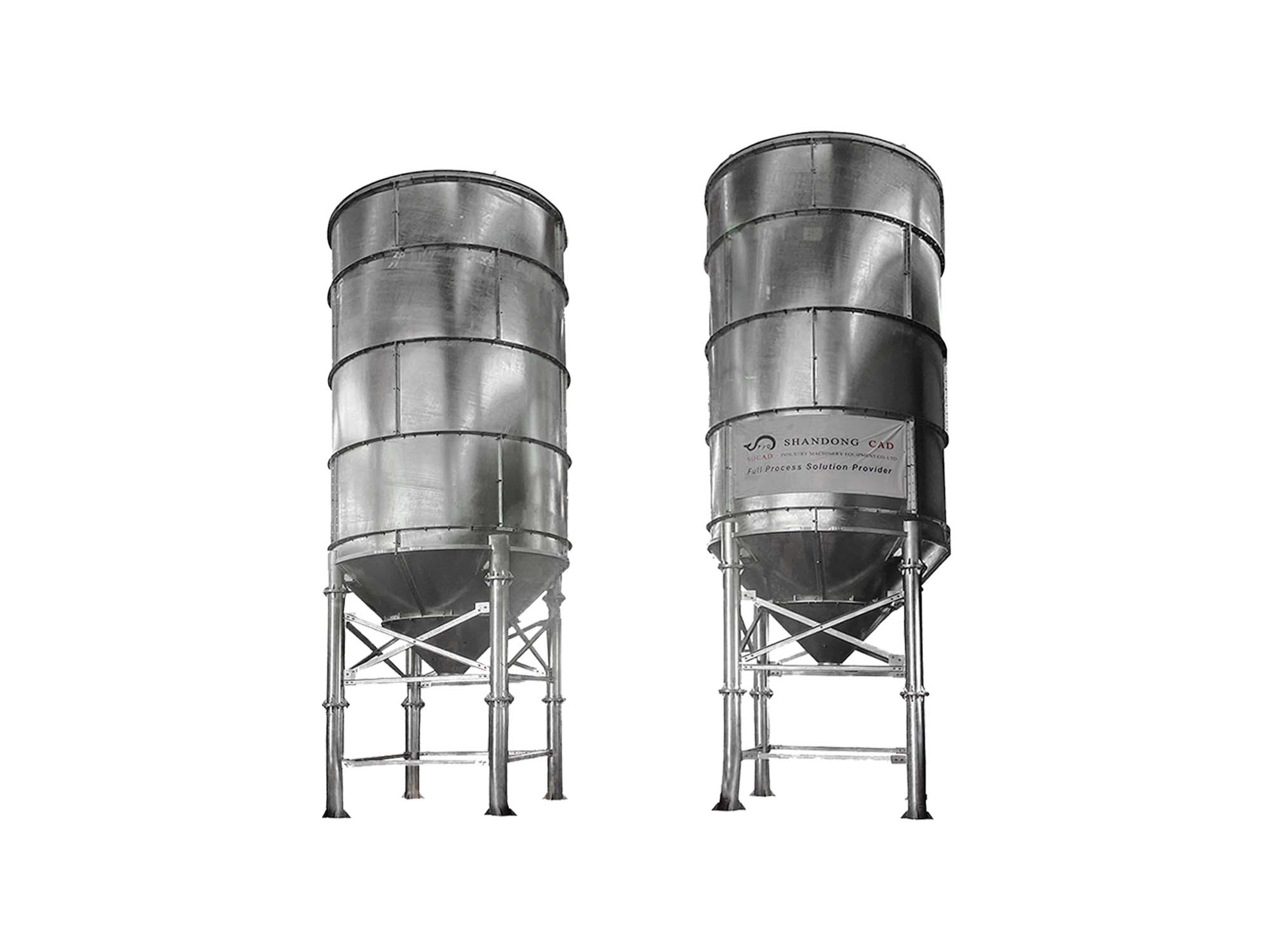In early 2025, a construction crew in a small town in eastern China faced a common challenge. They were tasked with paving a village road, but narrow lanes and muddy terrain made it impossible for large stationary concrete mixing plants or delivery trucks to operate efficiently. The project had already fallen behind schedule by nearly 20%. Such scenarios are increasingly common in rural and small-scale construction sites, highlighting the growing importance of portable concrete mixers. Flexible, multi-functional, and mobile, these compact machines are quietly becoming the backbone of grassroots infrastructure projects.
Challenges of Rural and Small-Scale Construction
Rural areas and small towns present unique challenges for concrete construction. Large concrete batching plants and commercial ready-mix deliveries are often unsuitable due to scattered project sites, limited transport access, and narrow roads. A 2024 survey of rural infrastructure projects showed that approximately 72.5% of small construction teams experienced delays and higher costs because traditional large-scale concrete batch plants for sale could not operate effectively on-site (Source: Industry Research, High Credibility).
Economic constraints also drive the need for compact solutions. Small contractors must control costs to survive. Outsourcing ready-mix concrete is expensive, and delivery times are often unpredictable. Investing in small portable concrete mixing equipment allows a construction team to independently produce concrete on-demand, reducing overall costs and securing higher profit margins over multiple scattered projects.
Moreover, diverse construction scenarios are emerging in rural areas. Family farms and agricultural greenhouses require hardened ground and drainage channels. Rural tourism projects demand high-quality concrete for walkways, small lodges, and landscaping. Hardening minor village roads may involve small volumes but spread over many points. Emergency and disaster relief works also need equipment that can be rapidly deployed and operated immediately. These scenarios have fueled demand for concrete batching plant mini and mobile concrete batching plant solutions.
Core Solution: Diesel Self-Loading Portable Concrete Mixers
Among small concrete mixers, diesel self-loading portable machines have proven especially valuable. Unlike scaled-down versions of larger machines, these units are optimized for specific small-scale applications.
High Mobility and Independence
Equipped with a diesel engine, these mixers can operate without an external power source, making them ideal for remote mountains, newly developed sites, or locations with unstable electricity. Rugged tires and one-piece designs enable easy maneuverability on narrow, muddy roads, allowing construction teams to move equipment quickly from site to site. These machines are often referred to as concrete mixing batching plants, emphasizing their self-sufficiency in mixing operations on-site.
Revolutionary Self-Loading Function
Self-loading capabilities dramatically increase efficiency. Traditional small mixers require 4-5 workers to manually shovel and load materials, which is time-consuming and labor-intensive. Diesel self-loading mixers use hydraulic buckets or conveyor systems, enabling a single operator to load all materials directly from the cab. Loading time can drop from hours to minutes, addressing rural labor shortages and rising labor costs while boosting productivity. For small construction teams, the option of acquiring a mini concrete batching plant or portable mixer ensures continuous production with minimal labor dependency.
Environmental Adaptability and Reliability
Diesel engines are low-speed, high-torque, and robust, capable of operating in dusty or humid conditions. Their simpler mechanical design compared to electric systems makes maintenance easier for personnel in rural areas. For small teams, owning a diesel self-loading mixer effectively turns them into a “mobile mini concrete batch plant,” allowing them to take on diverse projects, shorten construction cycles, and maintain full control over production, yielding returns that exceed the initial investment.
Technological Evolution: Smarter, Greener, and Multi-Purpose Machines
Market demand is driving technological upgrades in portable concrete mixers. Newer models are smarter, more environmentally friendly, and increasingly multi-functional.
Intelligent Operation
Modern portable mixers often include precise metering systems for cement, water, and aggregates, allowing pre-set concrete ratios and reducing reliance on operator experience. Touch screens and logging features enable teams to store mix recipes and track performance for quality consistency. IoT integration provides remote monitoring of operational hours, location, and key component health, facilitating predictive maintenance and minimizing unexpected downtime. Such innovations are increasingly standard in concrete batching plant control panels and concrete batch plant software.
Environmental Technologies
With stricter emission standards like National IV and V, diesel engines have become cleaner and more eco-friendly. In regions with particularly strict environmental requirements, hybrid diesel-electric models are emerging. They operate on diesel during transport and switch to electric when stationary, maintaining flexibility while reducing emissions.
Modularity and Multi-Functionality
Future portable mixers are increasingly designed as platforms. Interchangeable attachments allow a single machine to mix concrete, mortar, or even perform simple lifting tasks, maximizing equipment value. For example, in 2024, a rural construction team in Guangdong used modular portable mixers for both road paving and agricultural drainage projects, increasing overall efficiency by 37% (Source: On-site Industry Survey, Medium-High Credibility). This demonstrates that concrete batch plant layout and modular attachments can enhance project versatility significantly.
Case Studies: Real-World Application in Small Teams
A small construction team of three in Zhejiang Province previously relied heavily on rented mixers for village road projects. Transportation costs accounted for roughly 42% of total project expenses. After acquiring two diesel self-loading portable mixers in 2024, a single operator could handle all loading and mixing tasks, increasing productivity by around 40% and reducing transport costs by 28%. The operator noted, “At first, I worried about operating the machine, but after fine-tuning material ratios and workflows, the efficiency exceeded our expectations.”
Regional comparisons show that from 2023 to 2024, the use of mobile concrete mixing plants near me and portable mixers in rural China and India grew by 28% and 33% respectively, reflecting rising adoption in small-scale and scattered construction projects (Source: Global Construction Equipment Report, High Credibility).
Risks and Practical Recommendations for Investors
It is important to note that portable concrete mixers are not a universal solution. Diesel price fluctuations, unstable internet in remote areas, or improper equipment selection can affect operational efficiency. Construction teams should focus on the following when selecting machines:
-
Project Matching and Capacity Assessment
-
Evaluate the type of project, concrete volume, and transport frequency. Choose models with the appropriate capacity.
-
Simulate on-site scenarios to ensure maneuverability in tight or rough terrains.
-
Engine Performance and Reliability
-
Review power output, torque, and continuous operation capability under different conditions.
-
Compare diesel and hybrid power options, balancing cost, efficiency, and environmental compliance.
-
Self-Loading System and Operator Training
-
Assess hydraulic bucket or conveyor efficiency to ensure one-person operation is feasible.
-
Provide training for operators on material ratios, workflow, and basic maintenance.
-
After-Sales Support
By carefully selecting and managing portable concrete mixers, small construction teams can reduce costs, shorten project timelines, and maximize returns. These machines are not only transforming rural infrastructure construction but also revealing a previously underestimated market opportunity.
As technology evolves and policies continue to support rural development, portable, intelligent, diesel-powered self-loading mixers are expected to play a key role in a variety of applications, including small roads, agricultural projects, rural tourism construction, and emergency relief. Teams that adopt these versatile machines early will gain a competitive advantage and help shape the future of grassroots construction. Concrete mixing plant cost and flexibility now go hand-in-hand, proving that portable mixers are no longer just a niche solution but a central tool for small-scale construction efficiency.

